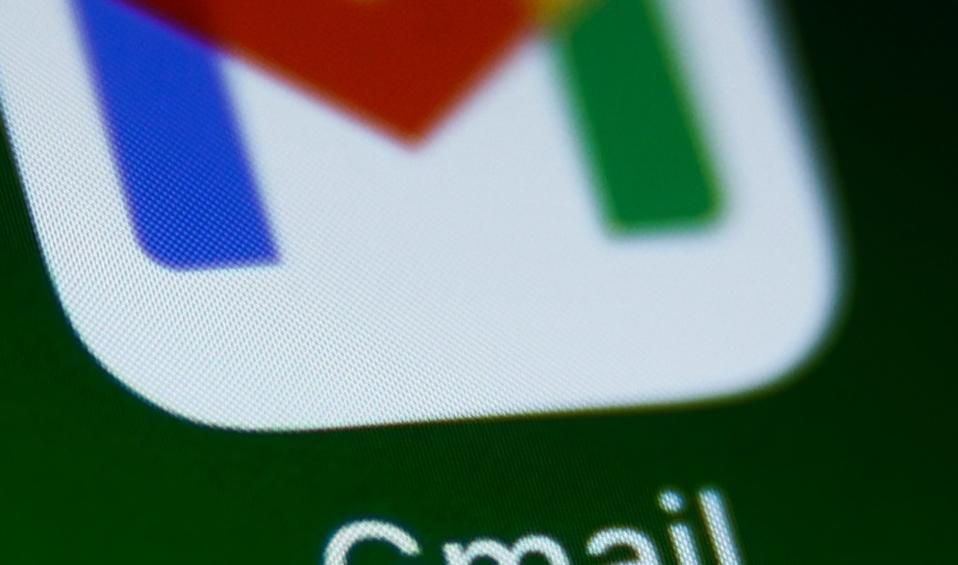Interesting times for Gmail. Google has confirmed that its two new headline upgrades don’t actually work together, raising awkward questions for its 3 billion users. And so all those users now must grapple with a new upgrade decision, one with major implications for the future direction of the platform and for what Google does next.
We’re talking AI, security and privacy. The two upgrades that clash are a kind of quasi end-to-end encryption and an AI-fueled search alternative that promises a markedly different quality of results. Unfortunately, Google can’t see your fully encrypted emails (rightly so), and must exclude those emails from its AI search results.
This will not be a one-off situation. Cloud-based AI features and device-based security do not work well together, leaving users with some tough decisions to make. Apple had seemed to resolve this with its Private Cloud Compute, but then its disastrous Apple Intelligence delays made all that somewhat academic for the time being at least.
Newsweek has now neatly framed the decision facing Gmail users: “Allow Gmail to use AI-driven tools by enabling ‘smart features’ and data sharing, [or]
decline the use of AI tools, which limits certain features but offers stronger data privacy.”
But this isn’t a simple yes or no. Gmail and other email platforms are driving towards an AI future and it won’t be that easy to disable all the AI settings. Remember, Google has access to all your content anyway in its cloud servers. The only real opt-out (bar changing a bunch of admin settings) is to fully secure your emails.
And on that, the caveats and qualifiers around Gmail’s end-to-end encryption highlight how difficult a medium email is to fully secure. Even with Advanced Data Protection enabled, Apple Mail is one of the only exceptions to what can be end-to-end encrypted on iPhone. As Apple explains, “iCloud Mail does not use end-to-end encryption because of the need to interoperate with the global email system,” albeit “all native Apple email clients support optional S/MIME for message encryption.”
Beyond email, this new AI decision is not specific to Gmail. You will see variations from multiple other platforms in the coming months. WhatsApp’s new Advanced Chat Privacy stops users exporting entire chats or saving media to their phone gallery — easily bypassed of course, but also stops engagement with Meta AI within a chat. Ask yourself why. Again, new AI updates and security and privacy don’t work well together.
Meanwhile, OpenAI’s ChatGPT “will now remember your old conversations,” which sounds great until you consider the privacy implications of all that personal data being stored in a readily accessible way. In all likelihood nothing has changed from a data standpoint, except the optics. But even as Sam Altman posted his excitement at “AI systems that get to know you over your life, and become extremely useful and personalized,” the move unsurprisingly “sparked privacy concerns.”
Users can choose to opt out of ChatGPT’s update, but just as with Gmail, there is no sensible level of user education and understanding. What are the risks and trade-offs? What happens to your data and how is it secured and safeguarded? Is there even a common syntax to explain this choice across platforms?
Specifically on Gmail — yes, you must decide whether you want AI marauding across your data, but you also need to be clear on the pros and cons of email itself. It’s not a fully secure platform and is open to malware, phishing and spam. All of that will also get worse as the trickle of AI attacks becomes a tidal wave. In reality, there’s a much larger rethink required. My recommendation is to keep all that in mind as you decide.

